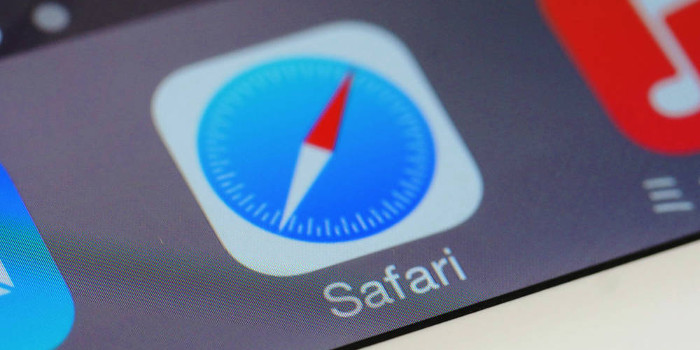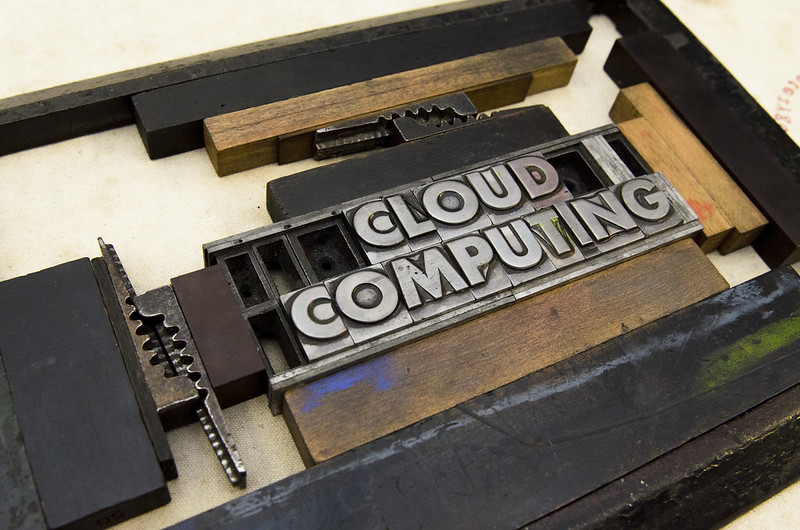When it comes to security, misinformation can be dangerous. You might think that your data is safe based on what you have read on the Internet, heard from colleagues, or simply assumed, but in reality, your data might be at risk. Only when you know the facts can you take the appropriate security measures.
To help you sort fact from fiction, here are the truths behind six common data security myths:
1. Emptying the Trash or Recycle Bin Permanently Deletes Files
Contrary to popular belief, emptying the Trash on Macs or the Recycle Bin on Windows does not delete the files you put there. It only deletes the links to the files and deallocates the space the data took up on the hard drive.
2. Private Browsing Modes Protect Your Privacy
Many browsers have private browsing modes. For example, Google Chrome offers the Incognito mode and Microsoft Edge provides the InPrivate mode. However, these modes are not as private as their names suggest.
Websites often use cookies to customize what they display when you visit them. Cookies store bits of information about the web pages you visit and the web forms you fill out. In the private browsing mode, your browser does not save cookies. However, your Internet service provider and the websites you visit might still have records of your visits, according to security experts. Plus, some websites might still be able to track you through the use of super cookies, according to researchers.
3. The Padlock Icon Means a Website Is Safe
Do not be lulled into a false sense of security if you see a padlock icon next to a URL in your web browser. It does not mean that the website is free from malware or the web server will safely store your personal information. The padlock icon simply indicates that any data sent between your computer and the website will be encrypted.
4. Macs Never Get Malware
While cybercriminals tend to launch malware attacks on Windows machines, Macs can also be targets. For example, in July 2016, hackers used Mac malware to steal data. They have even created ransomware that specifically targets Macs. So, if you use a Mac, you still need to take measures to protect your data, such as using anti-malware software and installing Apple’s security updates.
5. All Password-Protected Wi-Fi Networks Are Safe to Use
People and organizations often protect their wireless networks with passwords to keep cybercriminals out. However, a public Wi-Fi network offered by a coffee shop, restaurant, hotel, or other type of establishment might not be safe, even if it is protected with a password. Just like legitimate users, hackers can ask for that password. Once the hackers are on the network, any other mobile devices connected to that network will be exposed. For example, if you are using that network to do some online shopping, your credentials and personal information are at risk of being intercepted by the cybercriminals.
6. It Does Not Matter Which Wireless Encryption Protocol You Use as Long as You Use One
In theory, all wireless encryption protocols scramble your data so that it is unreadable, except by the recipient. In reality, though, they are not all created equal. For this reason, you need to make sure that your wireless device is using the best encryption protocol possible.
Although Wired Equivalent Privacy (WEP) is commonly used, it is outdated and easily hacked, so you should not use it. A much better choice is Wi-Fi Protected Access 2 (WPA2) because it employs the hardest-to-crack encryption algorithm. If your wireless device does not support WPA2, you can use Wi-Fi Protected Access (WPA) instead.
–––––––––––––––––––––––––––––––––––––––
About CHIPS Computer Services
CHIPS Computer Services is an award winning Managed Services Provider specializing in help businesses increase efficiencies and profits by levering properly managed technology. To learn how CHIPS can help your business, email us at sales@chipscs.com to schedule no cost business assessment.



